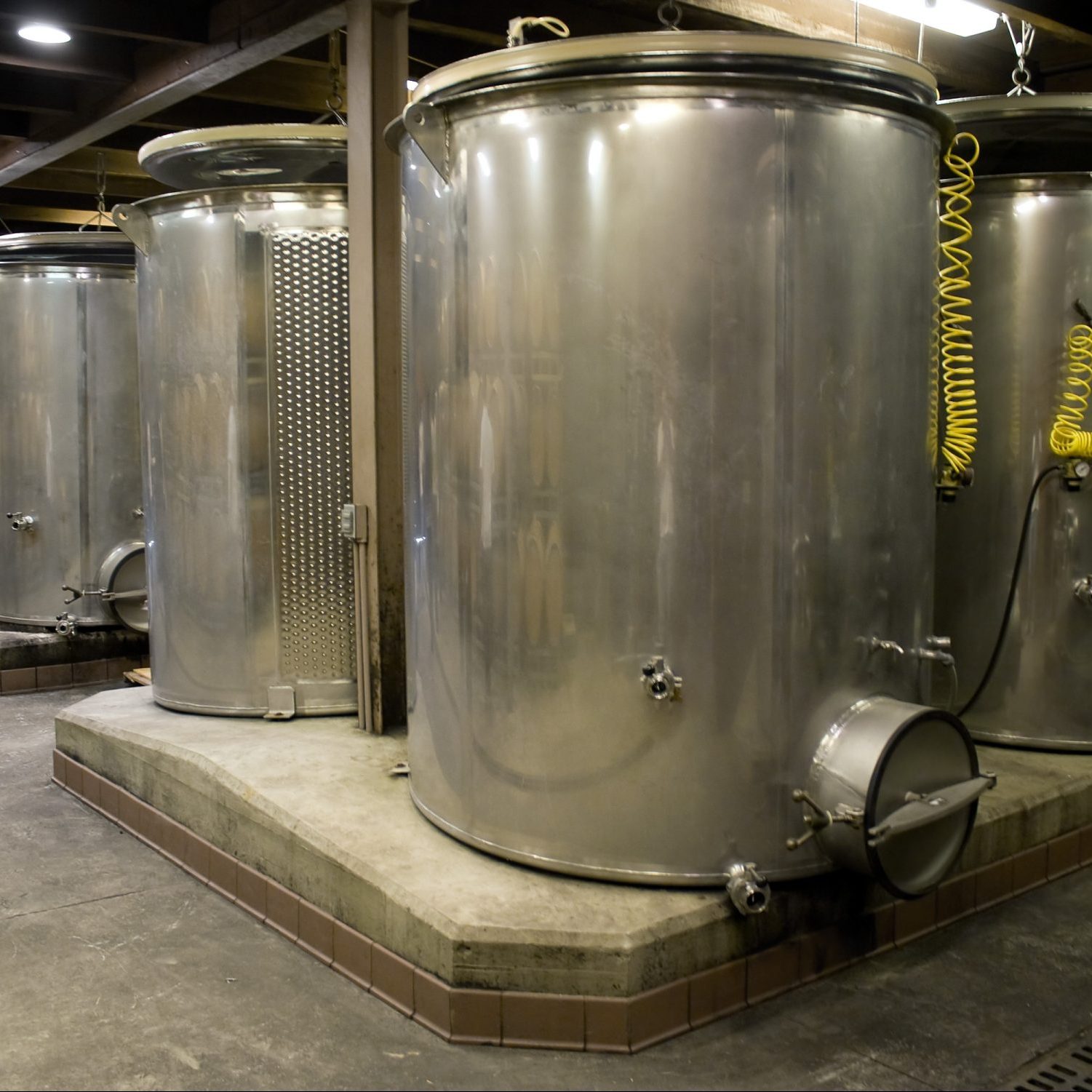We optimize wine and spirits supply chains
All elements of the supply chain – from the farmlands to the store shelves – can benefit from operations research. Due to seasonality and the push-pull nature of wine & spirits supply chains, challenges abound. Some wineries are leveraging the power of machine learning in their operations – in wine-making, cultivation, and marketing.
Operations Research can benefit the Wine & Spirits industry in three main ways
Financial
Capital avoidance
Better usage of cooperage by ending batches on time
End-to-end supply chain cost minimization
Reduced cash tied-up via inventory reduction
Optimal location & sizing of different plants
Reduced cost of cultivation in vineyards
Optimal grape sourcing plan [cultivate vs. buy]
Quality/Efficiency
Better wine / spirit quality due to reduced headspace
Reduction of waste due to minimal changeovers
Reduced time to schedule and plan
Reduction of reclaim wine / spirit
Production cycle time reduction
Efficient capital allocation to projects
Continuous monitoring for quality & timely batch release
Brand / Strategic
Rapid counterfeit identification
Preserve / enhance market share
Rapid new product introduction into production
Support optimal vineyard acreage ownership
Prudent capital investment to meet long term demand
SKU and brand rationalization
Mergers & acquisition – analysis of business synergies

Spirits production scheduling
Spirits-making entails not only the scheduling of production but also the tracking of barrels, flavors, additives, etc. which are integral to production. A unique challenge is to schedule for a 52-week horizon in order to cover pre-build for seasonal demand – think of how Brandy needs to be made months ahead of time to cover the demand in Christmas. A typical spirits plant makes a variety of SKUs – all competing for time on a limited set of resources – hence resource optimization takes a center stage here. The spirits scheduling software is a mission critical one and hence it needs to 1) feature a rich user interface, 2) be able to track work in progress, 3) be quick in response, and 4) facilitate collaboration across many end-users and stakeholders.

Cellar Planning and Scheduling
Base wines are blended, filtered, and bottled in the cellar operations. Efficient planning of the cellar is required to assess capacity bottlenecks and processing inefficiencies. It is very important to build accurate cellar capacity models to support kep capital expense decisions.
Cellar scheduling needs to address processing of jobs (like blending, filtering, carbonation, etc.) to optimize for headspace, waste, etc. without violating a myriad process constraints. Trying to schedule all these activities in spreadsheets will certainly result in inefficiencies and waste.
